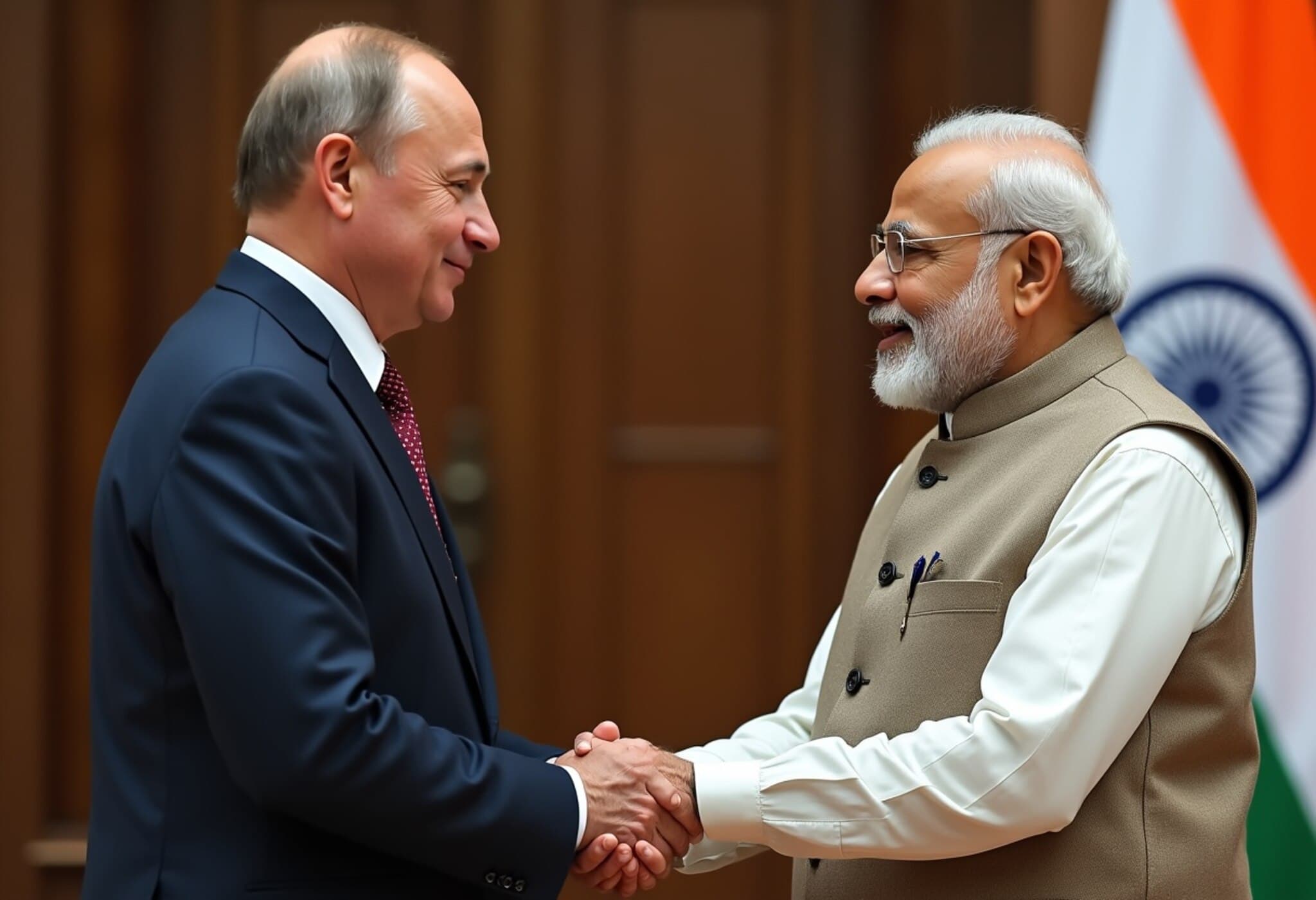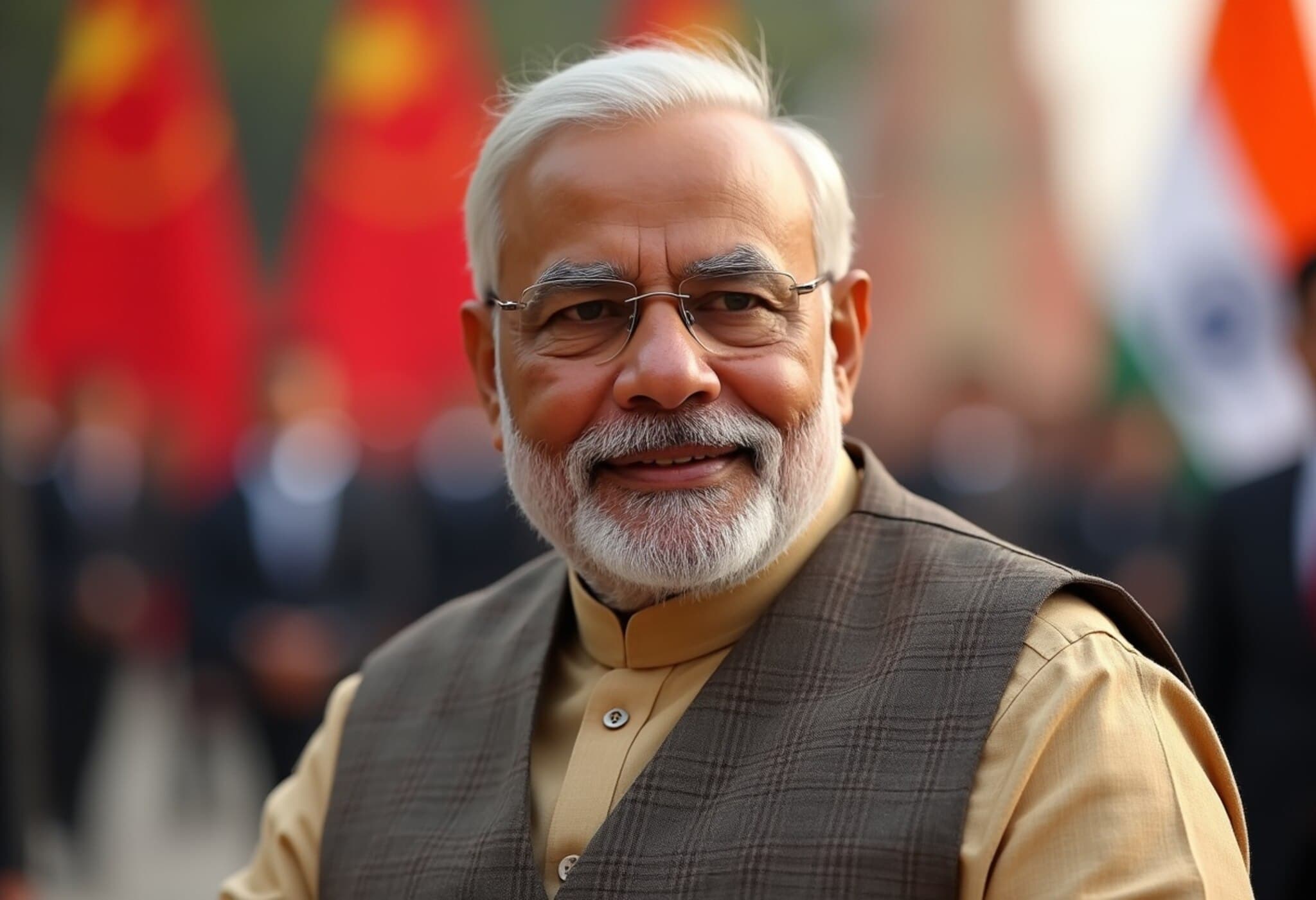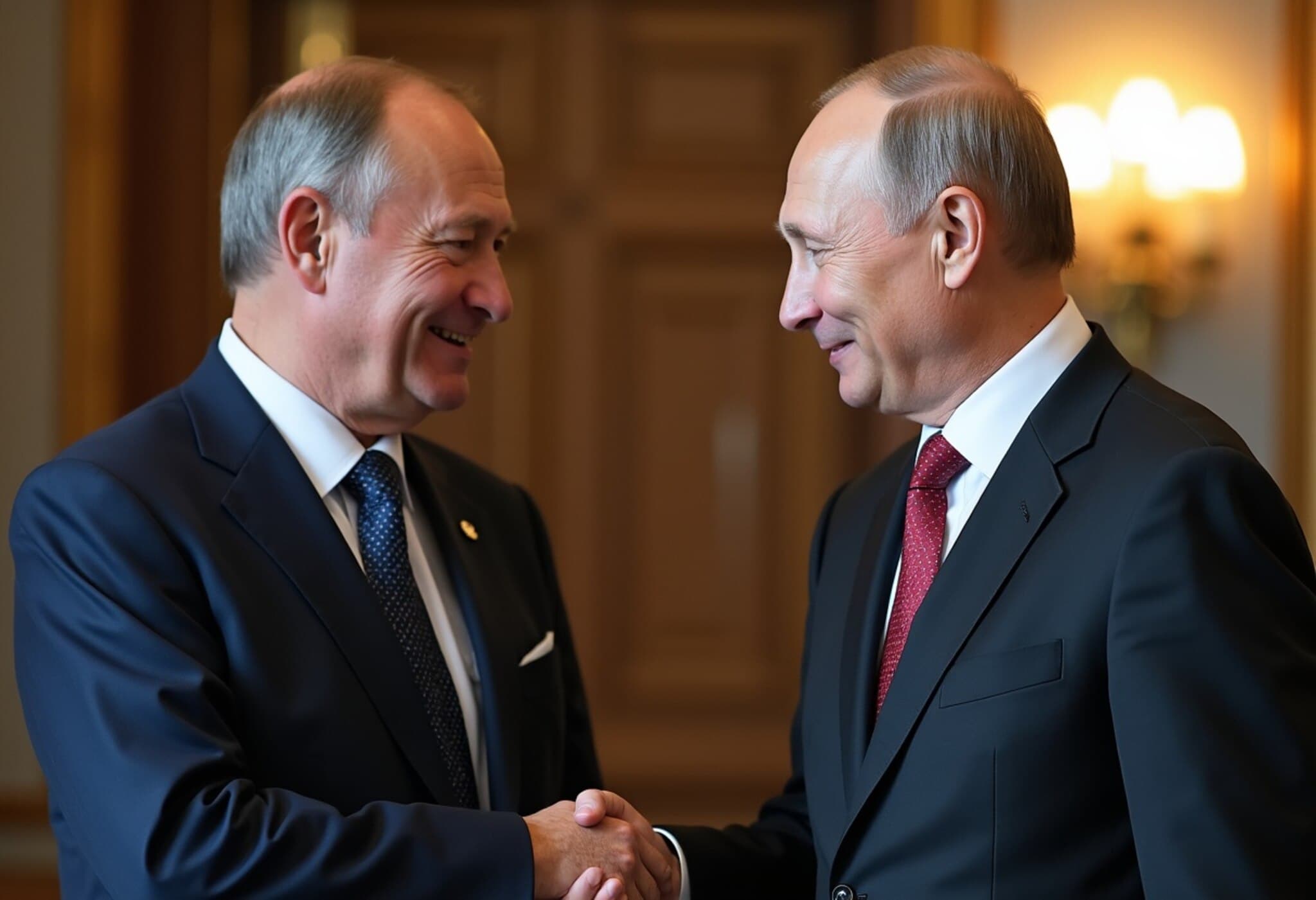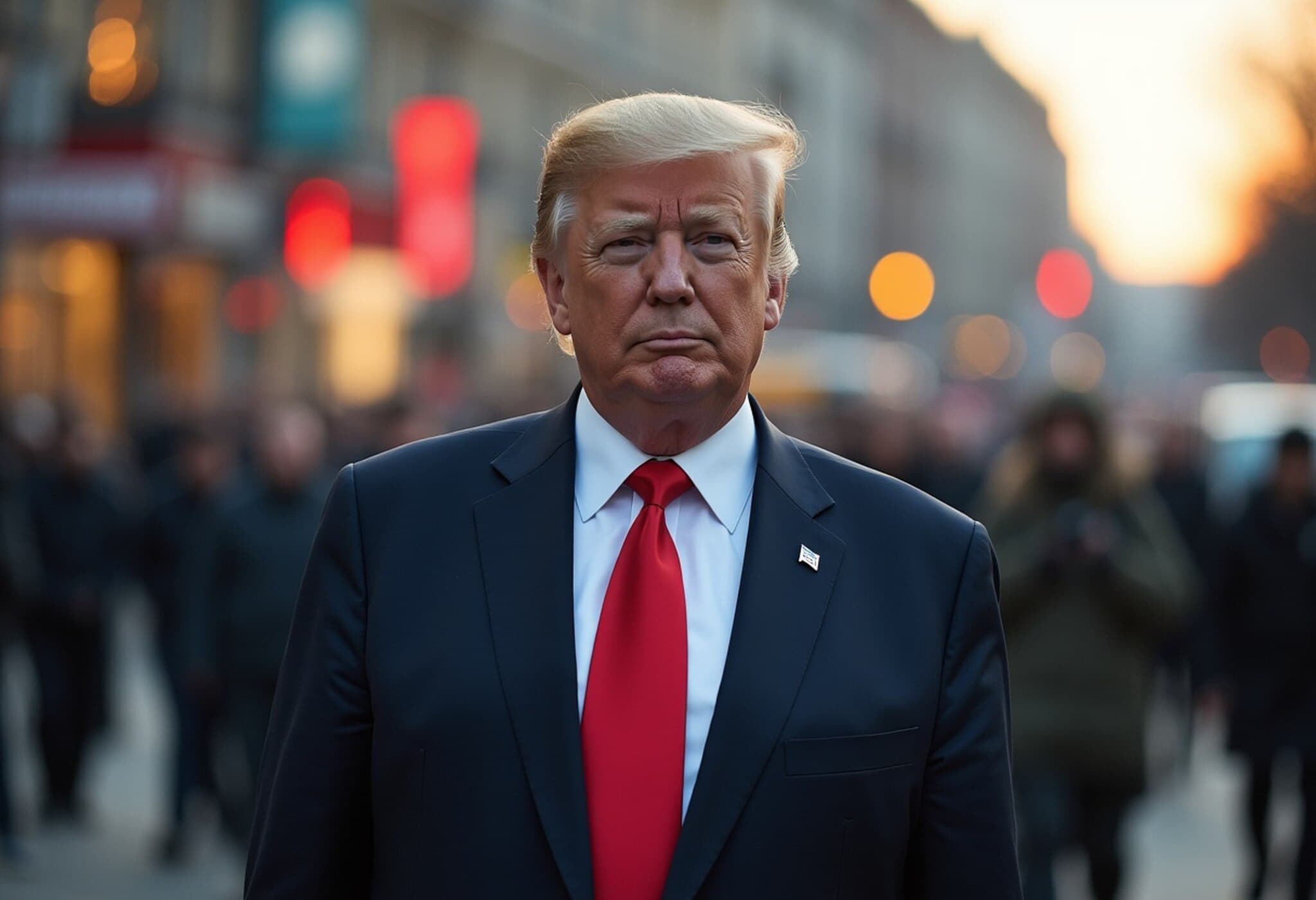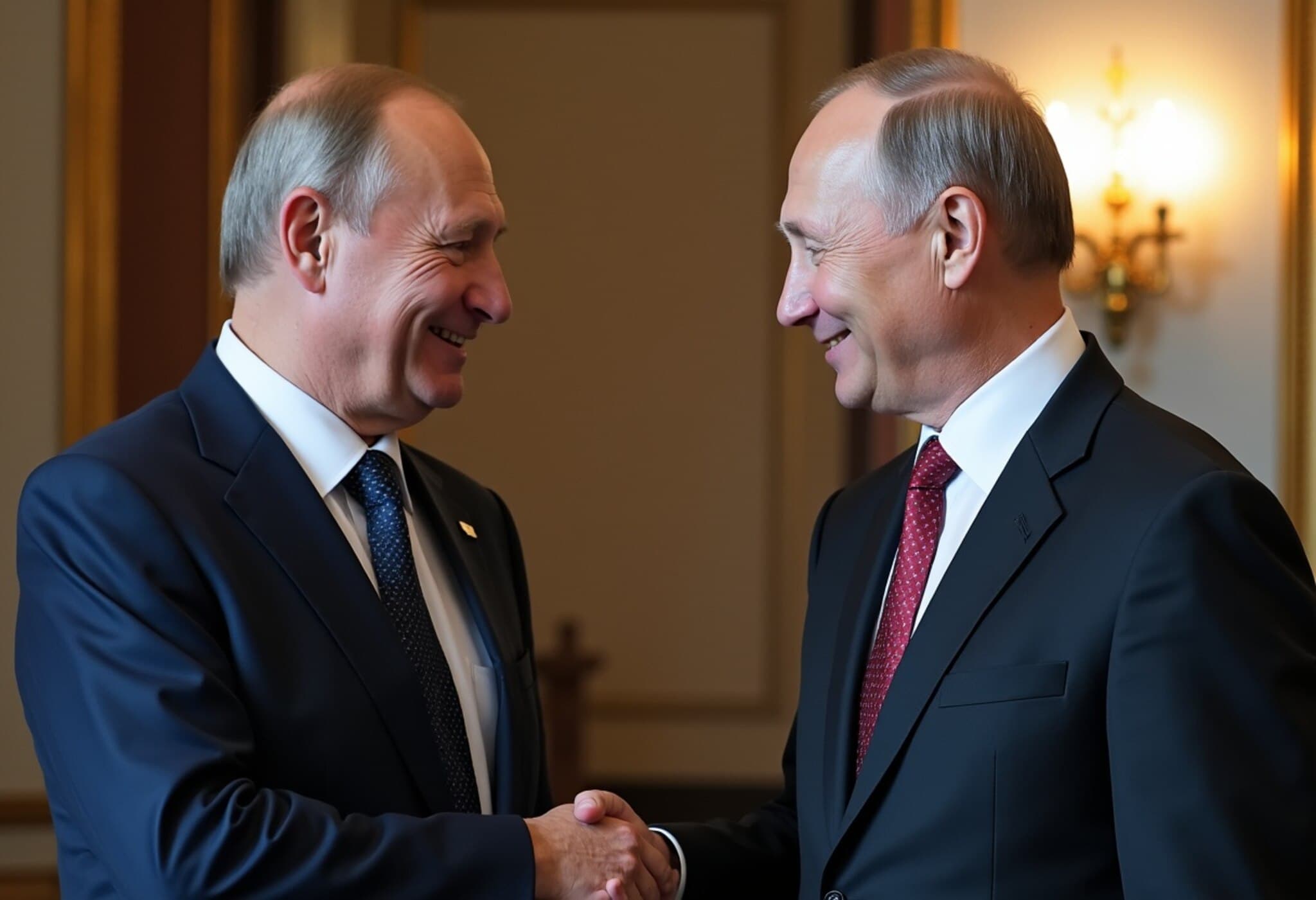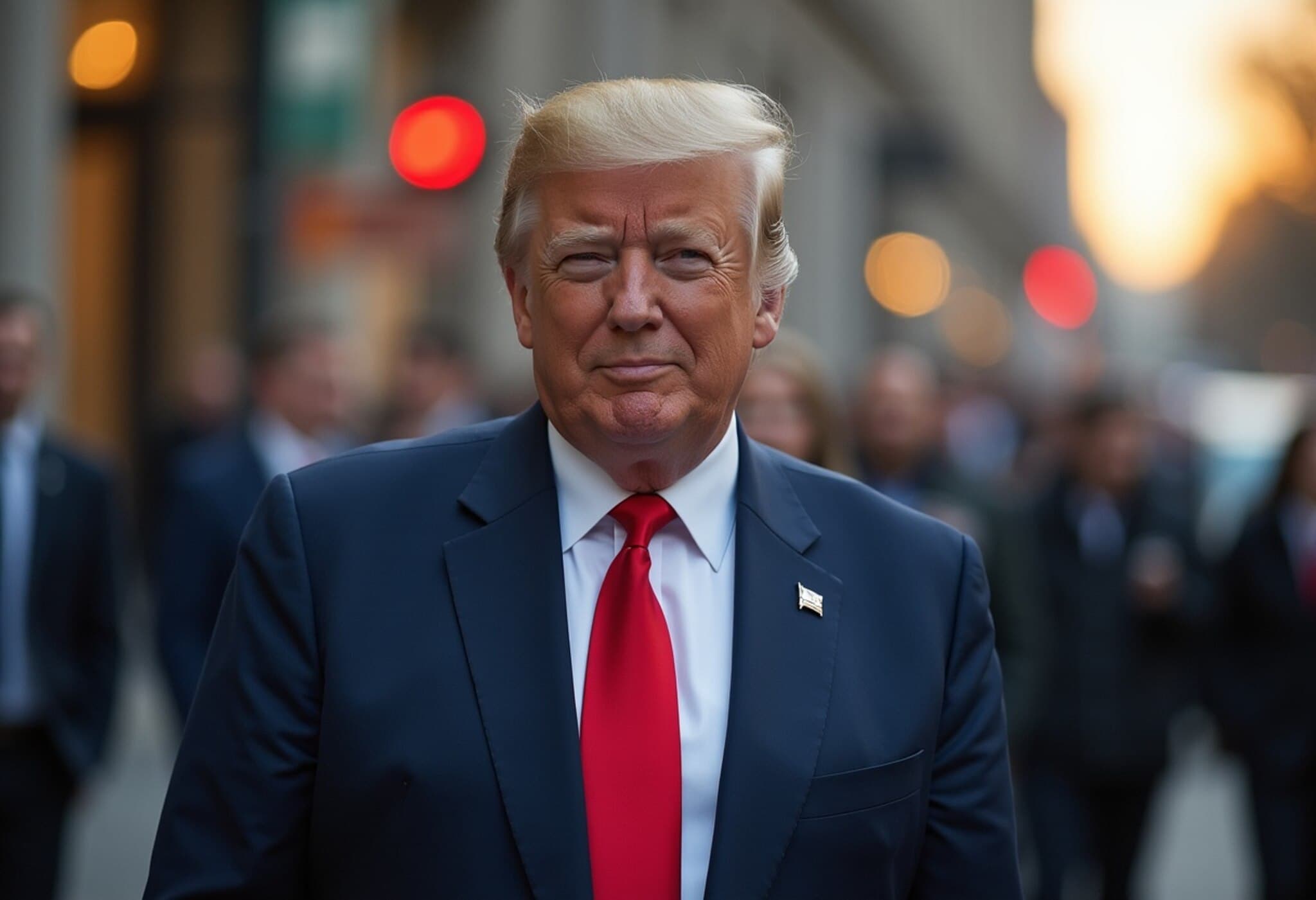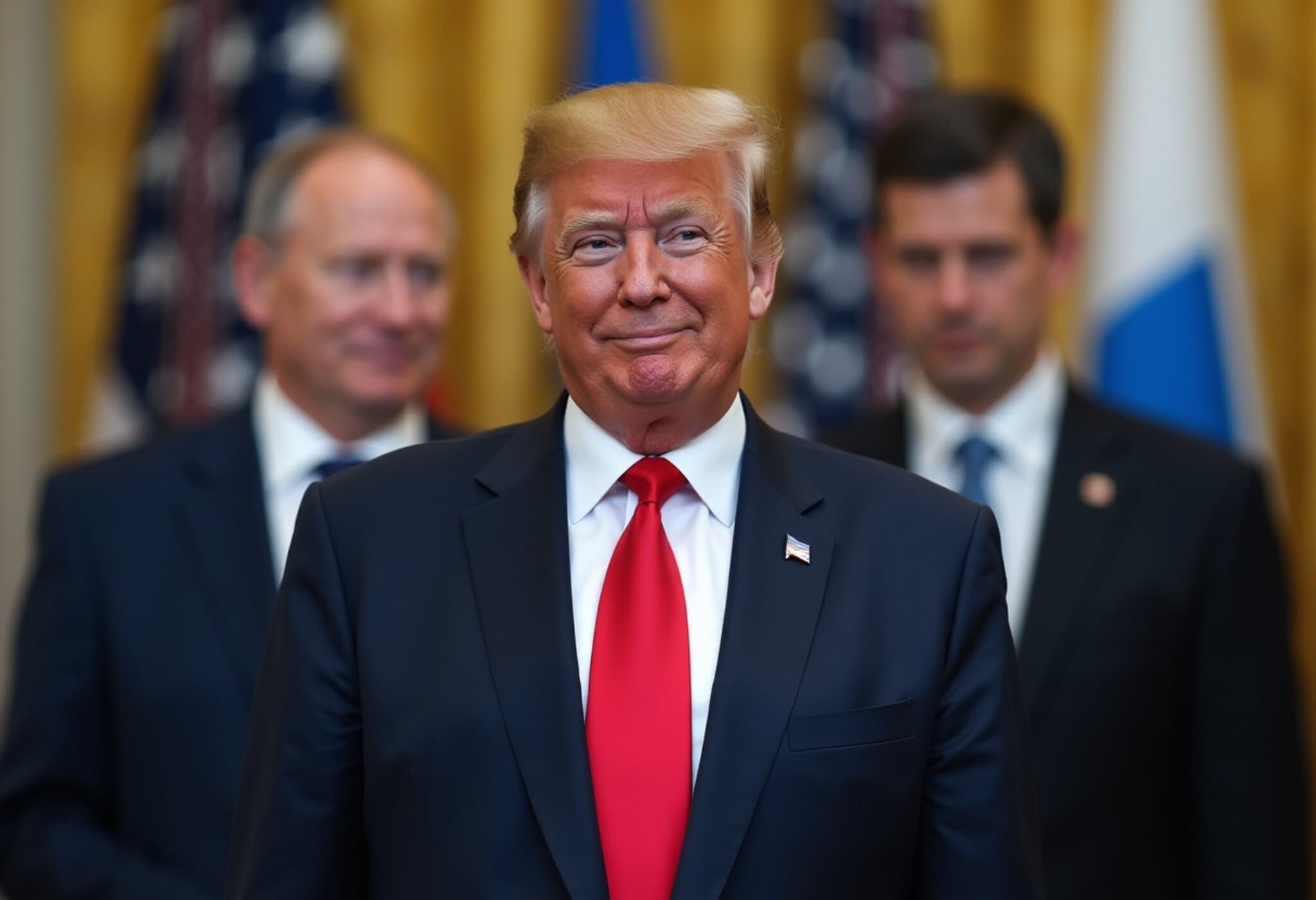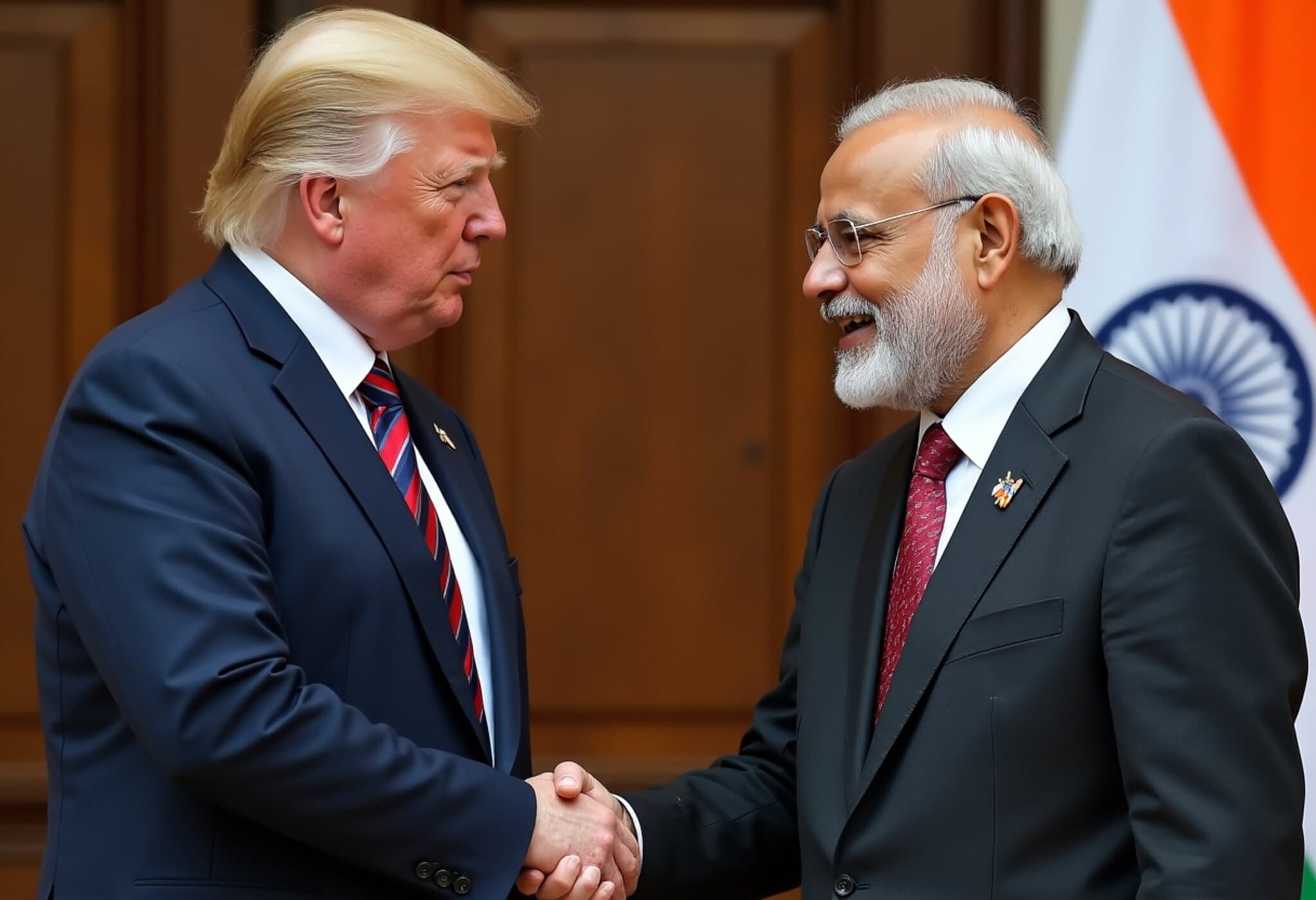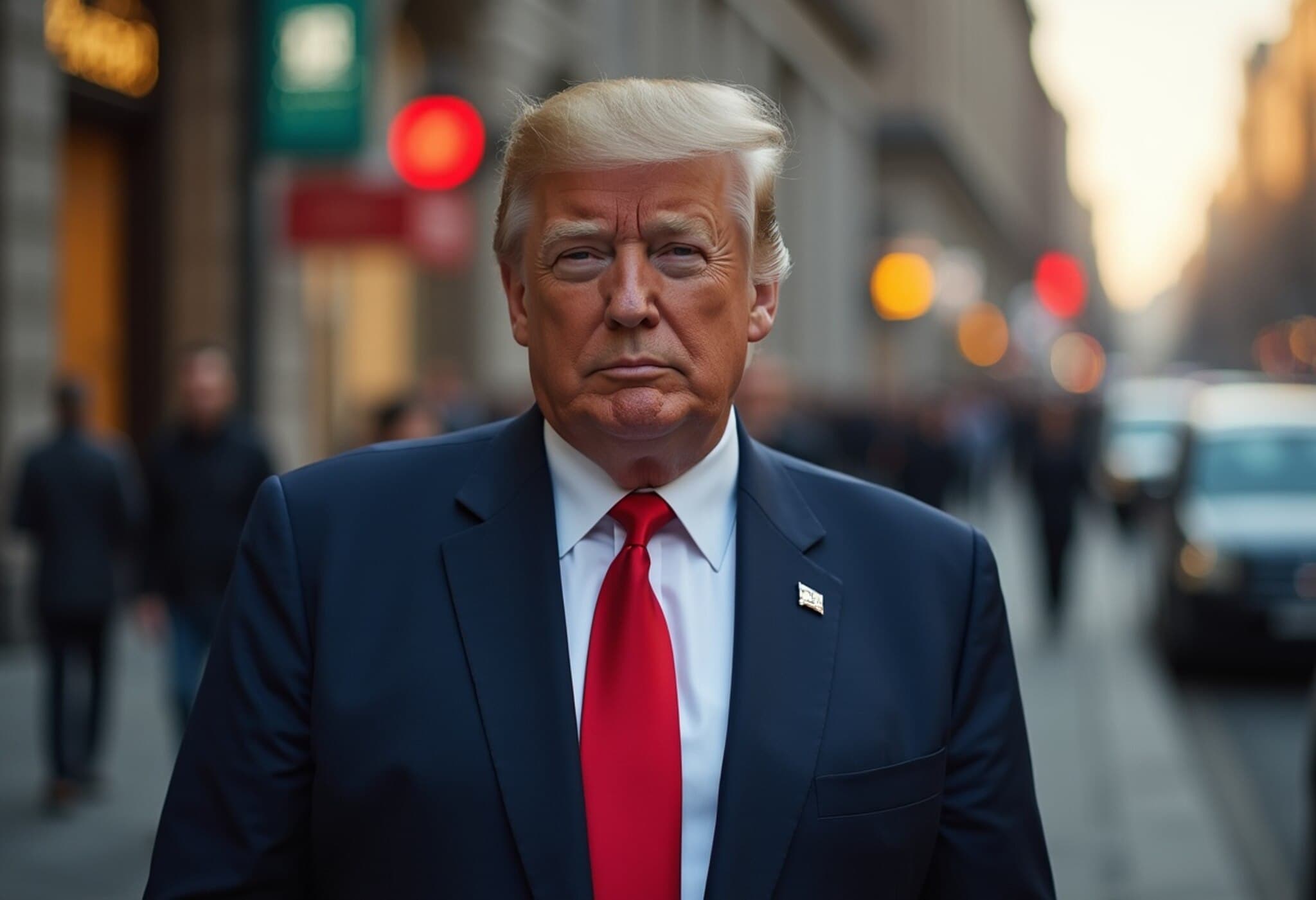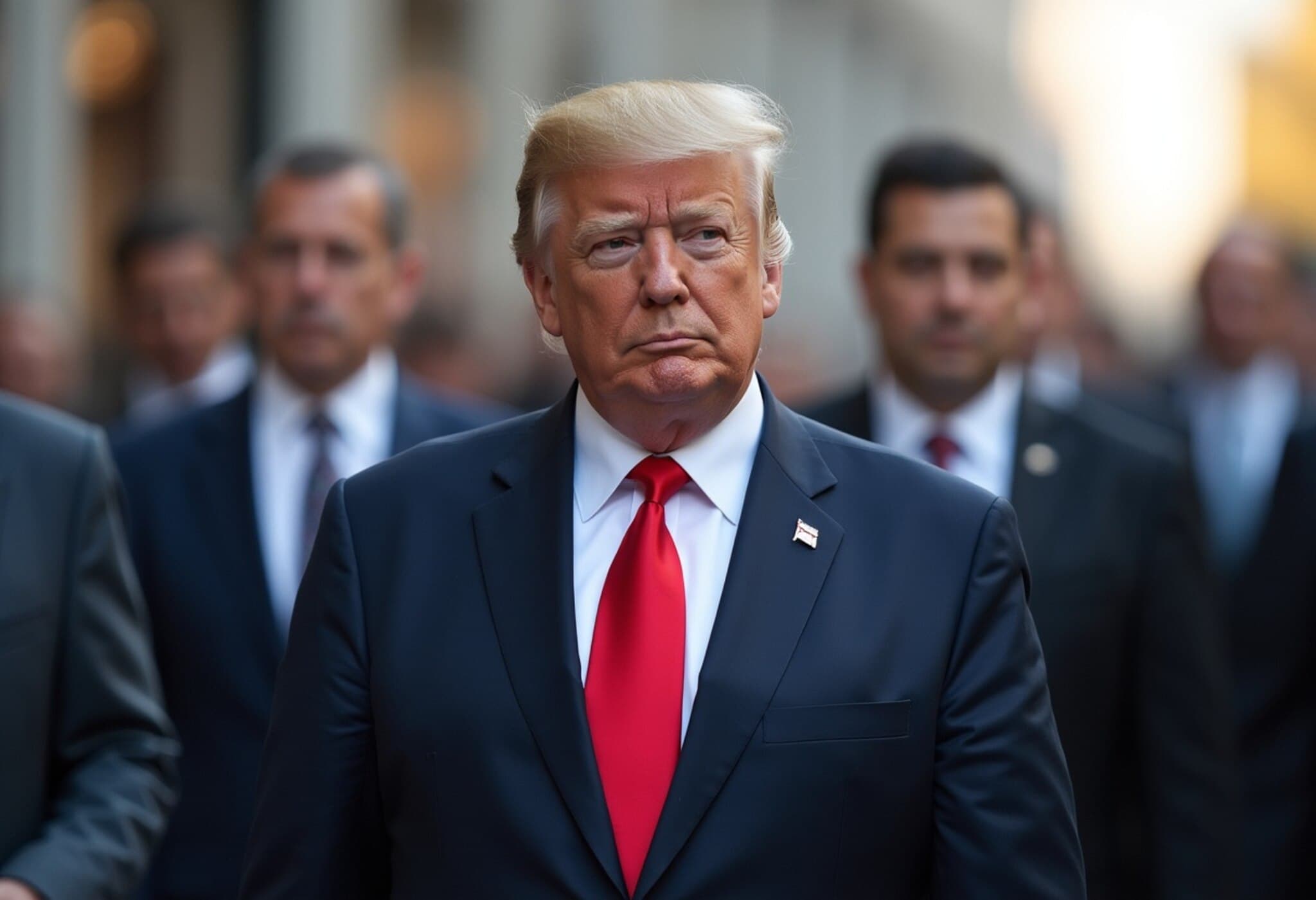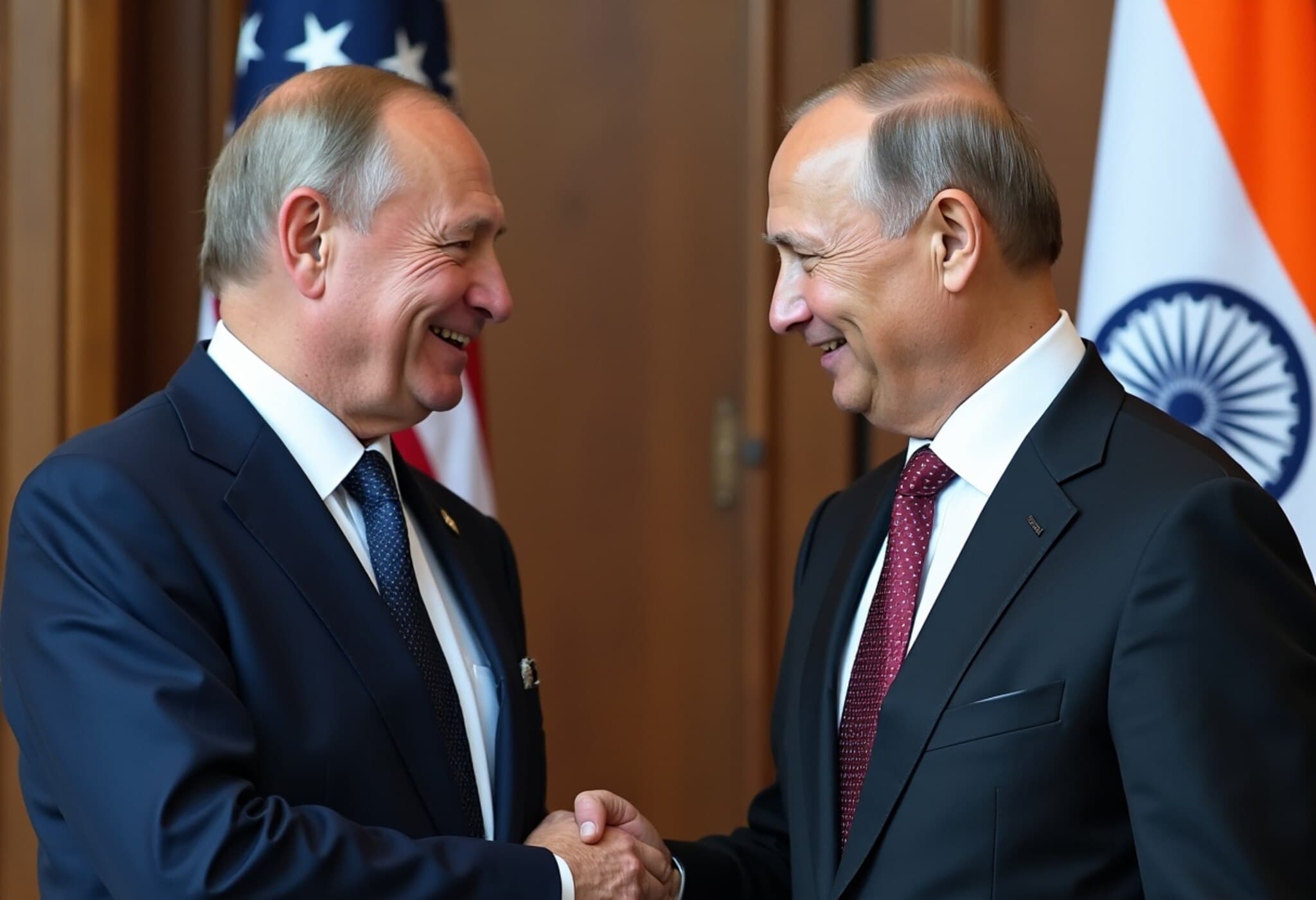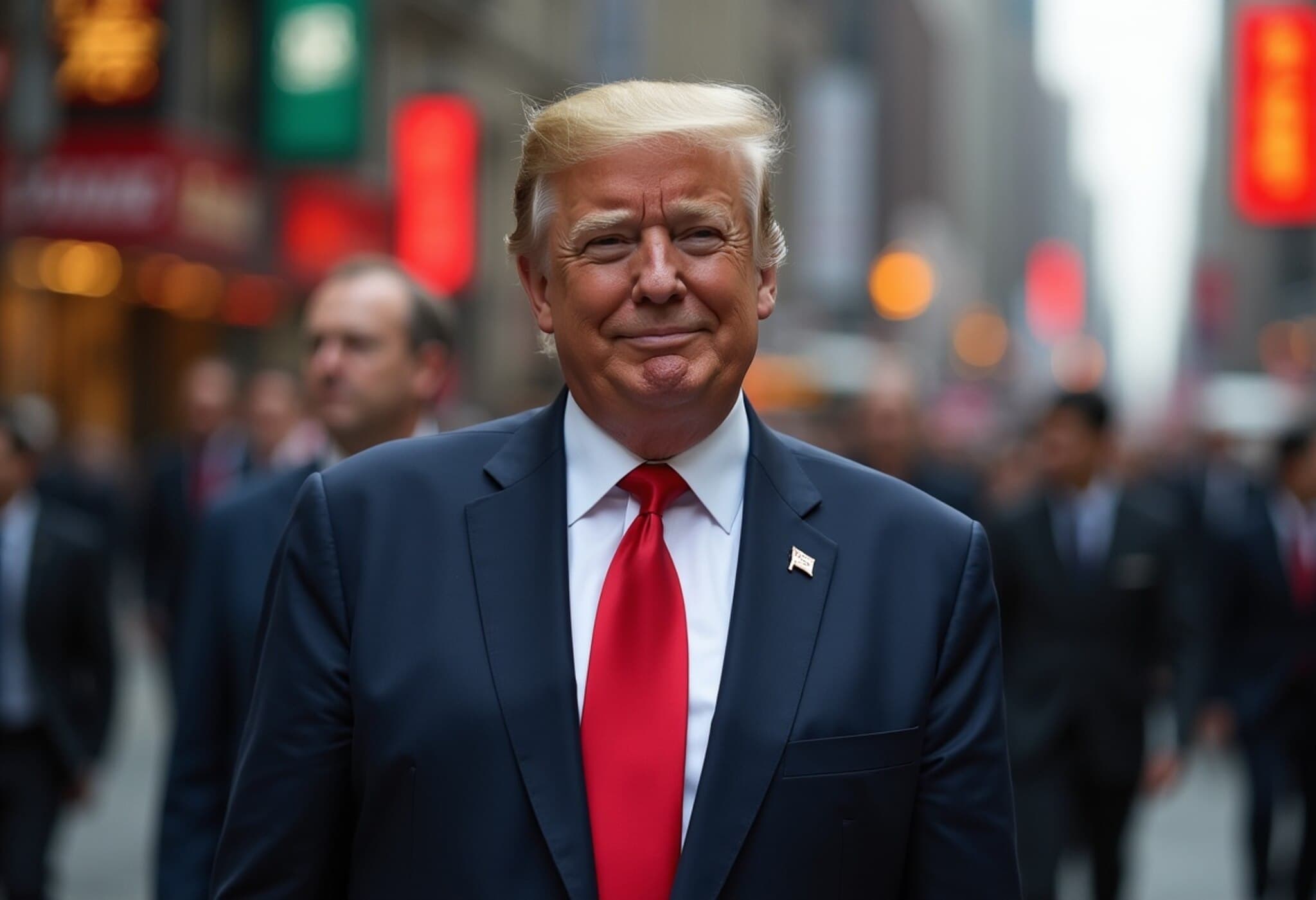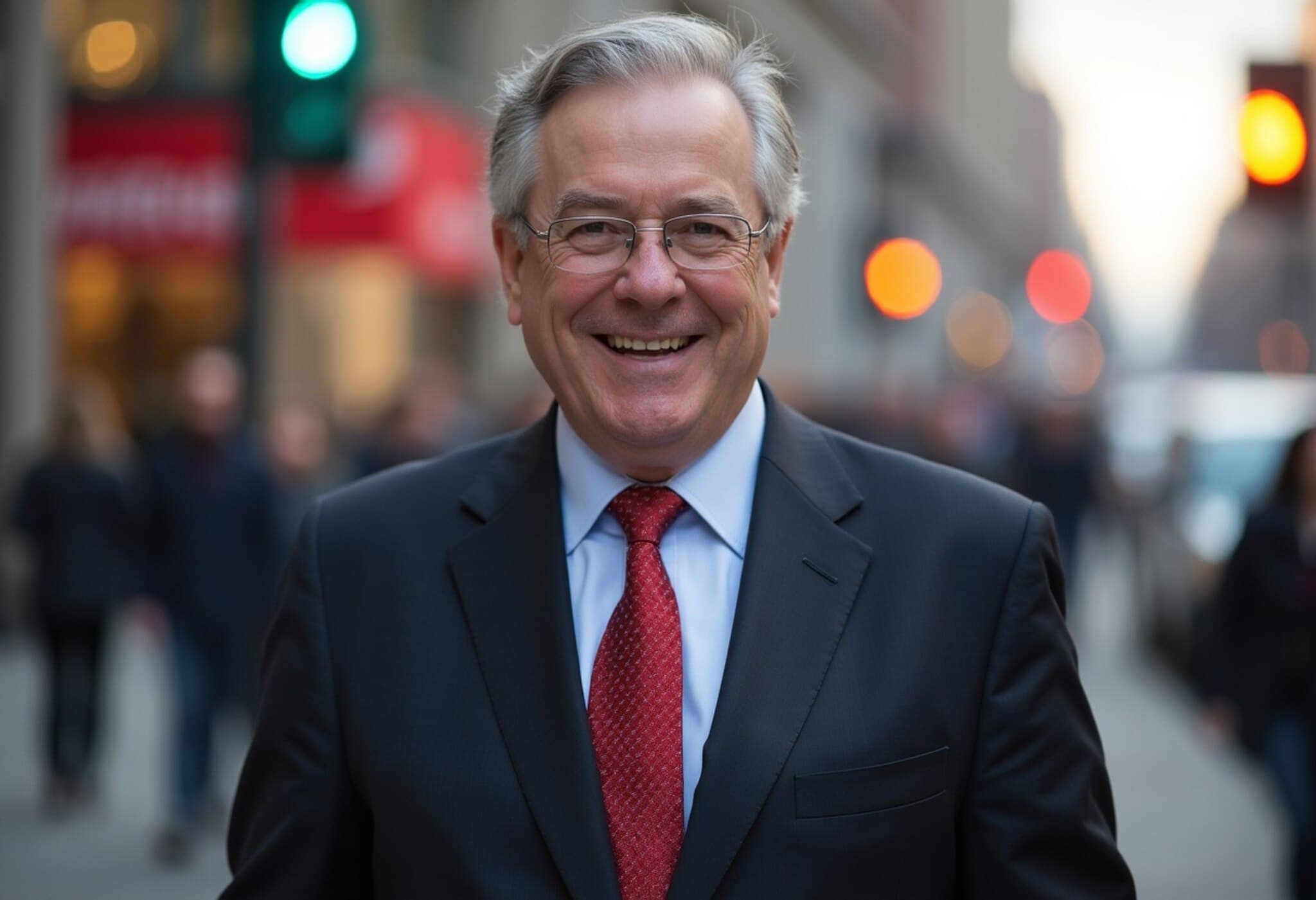Putin Updates PM Modi on Alaska Summit Focused on Ukraine Conflict
In a significant development reflecting ongoing diplomatic efforts amidst one of the most pressing global crises, Russian President Vladimir Putin reached out to Indian Prime Minister Narendra Modi on Monday to share detailed insights from his recent high-profile meeting with former US President Donald Trump in Alaska.
The Alaska summit, held last Friday, put the spotlight firmly on the war in Ukraine—a conflict that has caused immense geopolitical tensions and humanitarian concerns worldwide. President Putin’s conversation with PM Modi underscores India’s growing role as an important global interlocutor, advocating for peace and dialogue.
PM Modi Reiterates Call for Peaceful Resolution
Following the call, PM Modi took to X (formerly Twitter) to express appreciation for President Putin’s openness and reiterate India’s consistent stance on the Ukraine conflict. He emphasized that India supports all efforts aimed at achieving a peaceful resolution and underscored the necessity of ceasing hostilities through negotiation rather than conflict.
“India has consistently called for a peaceful resolution of the Ukraine conflict and supports all efforts in this regard. I look forward to our continued exchanges in the days to come,” Modi stated.
Notably, PM Modi conveyed a poignant message during the call: “This is not an era of war.” This reflects India’s broader foreign policy approach that values strategic autonomy and prioritizes dialogue over confrontation.
Context: India’s Diplomatic Role and Mediation Efforts
While India has traditionally maintained a balanced position—maintaining strong bilateral relations with both Russia and the United States—the ongoing conflict has placed new demands on its diplomatic engagement. Reports from last year highlighted India’s discreet involvement in back-channel diplomatic efforts to encourage negotiations between the conflicting parties.
President Trump, known for his unconventional approach to diplomacy, has positioned himself as a mediator in the Ukrainian crisis. His proposals reportedly include Ukraine ceding some territory to Russia, a suggestion met with criticism and skepticism, particularly from Kyiv, which insists on robust security guarantees as a precondition for any peace agreement.
Upcoming Diplomatic Developments
Following the Alaska summit, former President Trump is slated to meet Ukrainian President Volodymyr Zelenskyy at the White House. This meeting is part of a wider coalition of European and NATO leaders—including British Prime Minister Sir Keir Starmer, French President Emmanuel Macron, Italian Prime Minister Giorgia Meloni, Finnish President Alexander Stubb, German Chancellor Friedrich Merz, European Union Commission President Ursula von der Leyen, and NATO Secretary-General Mark Rutte—working jointly toward conflict resolution.
This gathering signals an intensified effort by Western and allied leaders to seek an end to the war through diplomatic channels while navigating complex security considerations.
Expert Insight: India’s Delicate Balancing Act
India’s position is a study in diplomatic nuance. By engaging both Russia and the United States, PM Modi is reinforcing India’s stature as a global power capable of facilitating dialogue. However, the challenge remains formidable; the stakes in Ukraine are exceedingly high, with deep-rooted historic grievances and strategic interests at play.
Moreover, India’s ongoing calls for peace highlight its commitment to regional stability and the avoidance of escalated conflict that could disrupt global supply chains and energy markets—concerns deeply linked to Indian economic growth and energy security.
What Lies Ahead?
As global powers converge in diplomatic talks, questions linger:
- Will these back-channel discussions lead to tangible ceasefire agreements or sustained peace?
- How will India’s role evolve in light of shifting alliances and geopolitical tensions?
- Can security guarantees for Ukraine be brokered that satisfy all parties involved?
The road to peace remains complex, but diplomatic dialogue—such as the conversation between Putin and Modi—represents a meaningful, if cautious, step forward in seeking solutions.
Editor’s Note
The phone call between Vladimir Putin and Narendra Modi following the Alaska summit exemplifies the fragile yet vital pathways of diplomacy in today’s multifaceted global conflicts. While India continues to advocate for peaceful negotiations in Ukraine, the evolving dynamics among Russia, the US, and European leaders will be decisive in shaping outcomes. Observers should watch how India leverages its diplomatic capital to promote dialogue without compromising its strategic partnerships.
This engagement raises important considerations on the limits and possibilities of mediation in entrenched conflicts and serves as a reminder of the human cost underlying geopolitical maneuvers.

